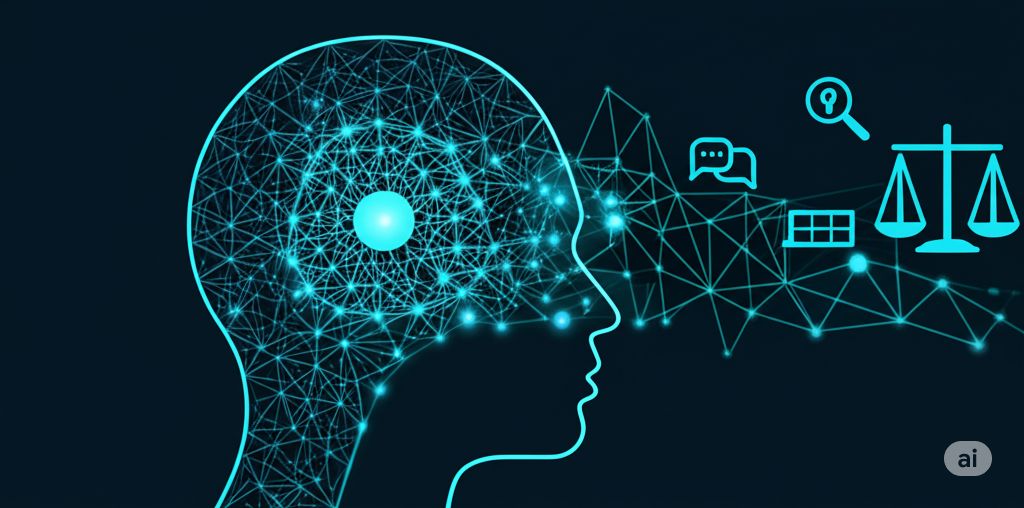As AI continues to advance, the role of humans shifts from being primary task doers to becoming enablers, guides, and ethical guardians of AI. Here’s what humans need to do to ensure AI improves effectively and responsibly:
1. Provide High-Quality Data and Feedback
- Data Curation and Annotation: AI learns from data. Humans are crucial in collecting, cleaning, and labeling vast amounts of data to train AI models. The quality and diversity of this data directly impact the AI’s performance and fairness.
- Continuous Feedback and Refinement: Even after initial training, AI systems need human feedback to identify errors, biases, and areas for improvement. This “human-in-the-loop” approach helps AI models adapt to new situations and align with human expectations.
- Edge Case Handling: AI often struggles with unusual or ambiguous situations (edge cases). Humans can identify these scenarios and provide the necessary context and judgment for the AI to learn from them.
2. Focus on “Uniquely Human” Skills
- Creativity and Innovation: While AI can generate novel ideas, true innovation often stems from human creativity, intuition, and the ability to connect seemingly disparate concepts. Humans will increasingly focus on ideation and developing new applications for AI.
- Critical Thinking and Problem Solving: Humans excel at complex problem-solving that requires abstract reasoning, understanding nuanced contexts, and making subjective judgments that AI currently cannot. We need to define the problems AI should solve and interpret its outputs.
- Emotional Intelligence and Empathy: AI lacks genuine emotions and empathy. Humans will be essential in roles requiring deep understanding of human needs, emotional support, and building meaningful relationships.
- Ethical Reasoning and Values: This is perhaps the most critical human role. Humans must define ethical guidelines for AI development and deployment, ensuring AI systems are fair, transparent, accountable, and do not perpetuate biases or cause harm. This includes establishing boundaries and reviewing AI decisions to ensure they align with societal values.
3. Oversee and Govern AI Systems
- Ethical Oversight: Humans must establish and enforce ethical frameworks for AI, including addressing concerns like bias, privacy, security, and accountability. This involves developing regulations, conducting impact assessments, and ensuring human oversight in critical AI applications.
- Accountability: Ultimately, humans are responsible for the actions and outcomes of AI systems. We need to ensure mechanisms are in place to identify and rectify errors, and to hold individuals and organizations accountable for AI’s impact.
- Strategic Direction: Humans will be responsible for setting the strategic direction for AI development, deciding what problems AI should solve, and how it should be integrated into society.
4. Adapt and Learn Continuously
- Upskilling and Reskilling: As AI automates routine tasks, humans will need to continuously learn new skills, especially those that complement AI capabilities, such as prompt engineering, data interpretation, and ethical AI design.
- Collaboration with AI: Instead of viewing AI as a replacement, humans should learn to collaborate with AI as a powerful tool, leveraging its efficiency for repetitive tasks while focusing their efforts on higher-level, more complex activities.
- Understanding AI Limitations: Humans need to understand what AI can and cannot do, recognizing its limitations and knowing when human intervention is necessary.
In essence, as AI’s abilities grow, the human role evolves to one of a sophisticated partner, guide, and conscience, ensuring that AI serves humanity’s best interests and continues to improve in ways that benefit society as a whole.


